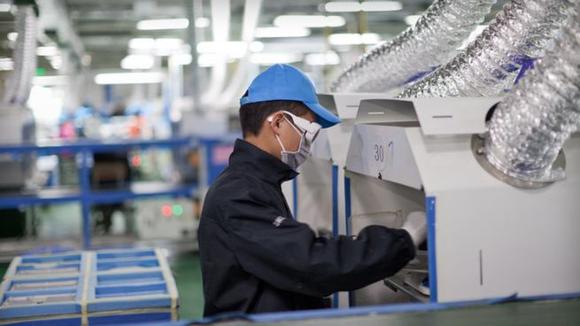Apple eyeing Intel in plan to ditch Samsung chips?
Future iPhone, iPad system-on-a-chip manufacturing could be handled by Intel instead of Samsung

Apple has talked to Intel in an effort to have the semiconductor company manufacture its chips for future mobile devices, according to a report today.
Currently, Apple has a contract with archrival and legal adversary Samsung to produce its mobile processors, including the Apple A6 CPU found in the iPhone 5 and the A6X that runs the iPad 4.
Just as much as Apple needs to ditch Samsung, this shift in system-on-a-chip manufacturers would also benefit Intel.
Although Intel is the world's largest and highest valued semiconductor company, it's only now making a name for itself in the growing mobile processor market with smartphone manufacturers like ZTE.
The intel on Intel says no deal just yet
Apple and Intel have discussed system-on-a-chip manufacturing in the past year, according to a source who talked to Reuters, but no agreement has been reached.
That means Samsung might still be in charge of making a potential Apple A7 processor that could be announced alongside the rumored redesigned iPad 5.
For its part, an Intel spokesperson told TechRadar that "We don't comment on rumors or speculation."
Get the best Black Friday deals direct to your inbox, plus news, reviews, and more.
Sign up to be the first to know about unmissable Black Friday deals on top tech, plus get all your favorite TechRadar content.
Intelligent move to mobile
If Intel were to make iPhone and iPad chips, it could lead to an additional $4.2 billion in revenue in 2015, according to a figure Macquarie analyst Shawn Webster gave Reuters.
That's perfectly timed news for Intel. In addition to underestimating mobile in the past, the company has seen a decline in desktop and laptop processor demand, leading to a 19 percent decline in its stock over the last year.
Also, Intel may be out as the designer of Mac processors soon. Apple, never sticking with one partner for too long it seems, is preparing to ditch Intel processors in its computers in favor of using an in-house system-on-a-chip designer.
With many believing that Intel-less Macs are a case of not if, but when, this would be helpful to Intel and its goal of having its chips in one in 10 mobile devices by 2015.
Most Popular


